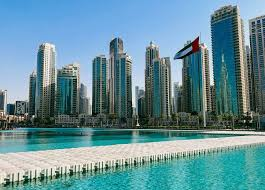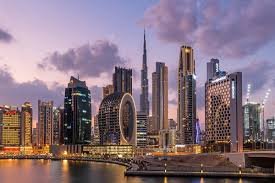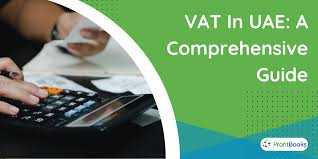Now Reading: Foreign Investors in UAE Real Estate: Tax Considerations and Market Trends
-
01
Foreign Investors in UAE Real Estate: Tax Considerations and Market Trends
Foreign Investors in UAE Real Estate: Tax Considerations and Market Trends

Table of Contents
Foreign Investors in UAE Real Estate: Tax Considerations and Market Trends

The United Arab Emirates (UAE) has long been a beacon for foreign investors seeking lucrative opportunities in real estate. With its tax-free environment, strategic location, and robust infrastructure, the UAE offers an attractive proposition. However, recent policy shifts and evolving market dynamics necessitate a closer examination of the factors influencing foreign investment in UAE real estate.
1. Tax Framework and Regulatory Landscape
The UAE’s tax regime has been a significant draw for foreign investors. Historically, the country has offered zero property taxes, no capital gains tax, and no inheritance tax, making it a favorable destination for property investment. These tax advantages are complemented by policies that allow 100% foreign ownership in certain sectors and regions, further enhancing the appeal for international investors.
In recent years, the UAE has introduced long-term residency options, such as the Golden Visa, which offers foreign nationals the opportunity to reside in the country for extended periods. This initiative has been particularly attractive to investors, entrepreneurs, and skilled professionals, fostering a more stable and long-term investment environment.
2. Market Dynamics and Investment Trends

The UAE real estate market has experienced significant growth, driven by both domestic demand and foreign investment. Dubai, in particular, has seen a surge in property transactions, with residential sales reaching AED 120 billion in the third quarter of 2024 alone. This growth is attributed to factors such as population expansion, infrastructure development, and a favorable investment climate.
Foreign investors have been instrumental in this growth. For instance, Indian nationals have been the largest foreign buyer group in Dubai’s property market, increasing their market share from 21% in 2024 to 22% in 2025. Similarly, British investors have consistently ranked among the top property buyers, with their market share rising to 17% in 2025. These trends underscore the UAE’s appeal as a global investment hub.
3. Sector-Specific Opportunities

Certain sectors within the UAE real estate market offer unique opportunities for foreign investors.
- Luxury Real Estate: Dubai’s luxury property market continues to attract high-net-worth individuals (HNWIs) seeking premium residences and investment opportunities. The demand for luxury properties is driven by factors such as exclusivity, high rental yields, and the UAE’s status as a global business and leisure destination.
- Commercial Real Estate: The commercial real estate sector has seen increased interest, particularly in areas like the Dubai International Financial Centre (DIFC) and Dubai Silicon Oasis. These zones offer attractive incentives for businesses, including tax exemptions and state-of-the-art infrastructure, making them appealing for foreign investors seeking to establish a presence in the region.
- Sustainable and Smart Developments: There is a growing trend towards eco-friendly and technologically advanced properties. Developments adhering to green building standards and incorporating smart home technologies are gaining popularity among investors and tenants alike. The UAE government’s commitment to sustainability and innovation further supports this shift.
4. Risks and Considerations
While the UAE real estate market offers numerous opportunities, potential investors should be aware of certain risks:
- Market Volatility: Like any real estate market, the UAE’s property sector is subject to fluctuations. Economic downturns, changes in oil prices, and global financial instability can impact property values and rental yields.
- Regulatory Changes: While the UAE has a favorable investment climate, changes in regulations or policies can affect the real estate market. Investors should stay informed about potential legal and policy shifts that may impact their investments.
- Liquidity Concerns: Real estate is typically a long-term investment, and the UAE market is no exception. Investors should consider their investment horizon and the potential challenges associated with selling properties, especially in a market experiencing rapid development.
5. Conclusion
The UAE continues to be a premier destination for foreign real estate investment, offering a combination of tax advantages, a dynamic market, and strategic opportunities across various sectors. By staying informed about market trends, regulatory changes, and sector-specific dynamics, investors can navigate the UAE’s real estate landscape effectively and capitalize on the numerous opportunities it presents.
WATCH MORE:https://www.youtube.com/watch?v=JX916HnPgyQ
READ MORE: Understanding UAE’s Property Tax Reforms and Their Impact on Investors





















